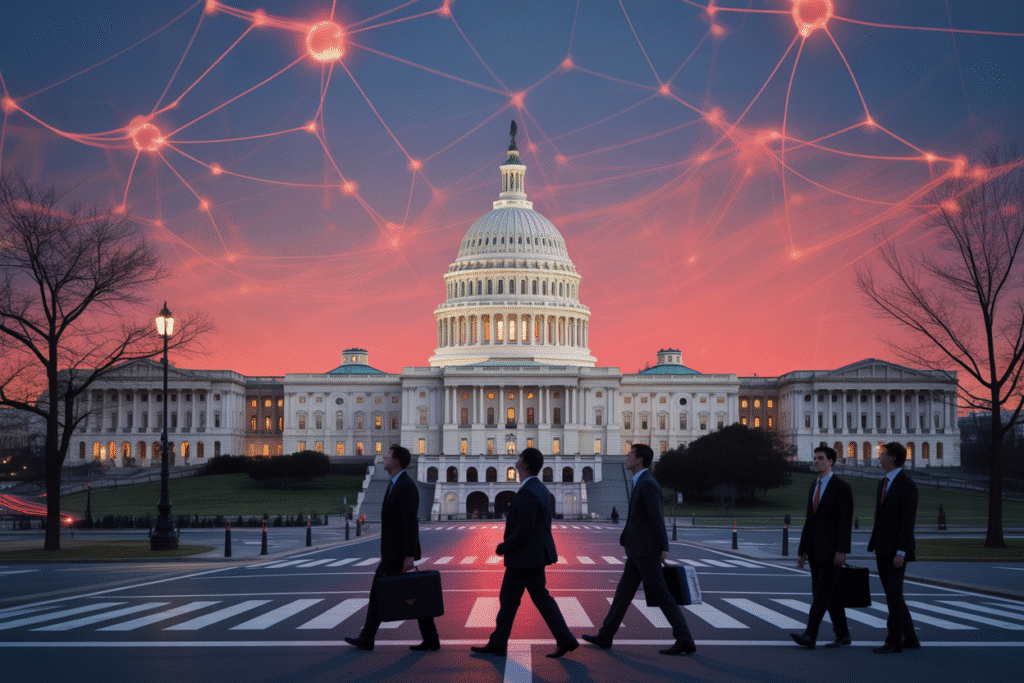Deepfakes, job loss, and political chaos—discover why AI politics is the hottest debate right now.
Scroll through any feed today and you’ll see the same three words: AI, deepfakes, and jobs. A fresh poll dropped in the last three hours showing 71% of Americans believe AI will permanently wipe out jobs, while 77% fear deepfakes will twist elections. That’s not sci-fi anymore—it’s the nightly news. This post unpacks the numbers, the noise, and what it means for your paycheck and your vote.
The Deepfake Dilemma: When Seeing Is No Longer Believing
Imagine a video of your favorite senator promising free college—only the senator never said it. That clip is a deepfake, cooked up by an AI model that studied ten thousand hours of footage and learned every facial twitch. The tech is cheap, fast, and already flooding social feeds.
Why does it matter? Because a single viral fake can flip a race. Campaigns now budget for “reality defense teams” who race to debunk clips before they trend. Meanwhile, platforms argue they’re just pipes, not publishers.
The stakes feel personal. If a fake video can crash a stock or spark a riot, who do you sue? The coder? The platform? The voter who shared it? The answer is still murky, and that gray zone is exactly where bad actors thrive.
Jobocalypse Now: Why 71% Fear the Pink Slip
Call centers, truck stops, and newsrooms are bracing for the same question: am I next? AI can now draft legal briefs, drive rigs, and even comfort a crying customer—sometimes better than humans. The poll shows the fear is bipartisan: red counties worry about factory robots, blue counties about AI journalists.
Here’s the twist: history says tech creates more jobs than it kills. But history never moved this fast. When steam engines replaced horses, the transition took decades. AI is doing it in quarters.
Workers aren’t waiting for white papers. Unions in Hollywood and Detroit are adding “AI clauses” to every new contract. The ask is simple: if a bot does my job, who trains me for the next one—and who pays for the training?
Regulation Roulette: Can Lawmakers Keep Up?
Congress held its first deepfake hearing last month. The room was packed with lobbyists wearing identical lanyards and opposite agendas. Tech giants want flexible rules; civil-rights groups want hard bans on political fakes.
The EU’s AI Act starts biting in August 2025, but Meta already opted out of the voluntary code. Translation: the rulebook is still being written in pencil, and the players are moving three times faster than the referees.
What could speed things up? A viral fake that costs a market a trillion dollars—or an election. Until then, the patchwork of state laws and platform policies is the only fence between truth and chaos.


